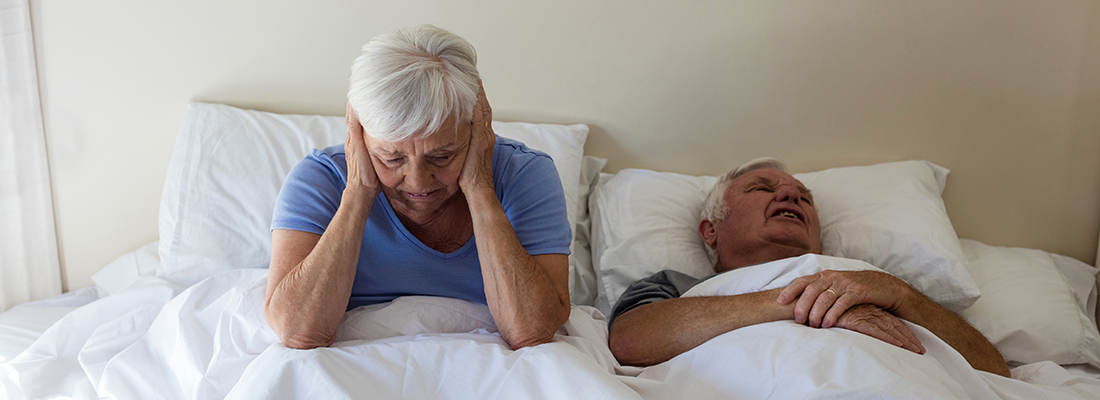Do we overlook the connection between good sleep and quality of life?
The quality of our sleep is a much more important factor in the quality of our waking lives than most people may realize. When we don’t get the sleep we need, we are less productive, less healthy, harder to get along with, and more prone to accidents. When snoring disrupts sleep, the number of hours we spend in bed doesn’t matter much – fatigue is costly, and potentially very dangerous.
The problem of fatigue due to lack of sleep is shockingly widespread. A 2012 CBS news story reported on a study on sleep habits by the US Centers for Disease Control. According to CDC, some 30 percent of American workers get fewer than six hours of sleep a night. That’s more than 40 million people working tired . . .
Medical Consequences
The medical consequences of sleep problems are well documented. Numerous studies conclude that lack of sleep can increase your likelihood of serious medical consequences: obesity, diabetes, and cardiovascular disease. Long term failure to get adequate sleep has been tied to shortened life expectancy.
Relationships
Snoring can take a terrible toll on relationships. According to recent article in Psychology Today, “Partners of snorers are often desperate to get a good night's sleep and as a result, they often develop a habit that can be devastating to their marriage–they sleep in another room.” The non-snoring victim hates to complain, the snorer feels helpless to address the problem, and the resulting silence and distance between them can leave the relationship in ruins.
Productivity
According to a set of surveys reported by the VirginPulse workplace improvement initiative, fatigue on the job affects large segments of the work force:
- 23% of employees report reduced concentration
- 18% report reduced memory
- 11% had difficulty managing financial affairs
- 9% had trouble performing their job or volunteer work
- 40% of employers admitted that they have dozed off in the daytime as often as once a month
Driver safety
A white paper compiled by the National Sleep Foundation includes these sobering facts:
A survey of drivers from the American Automobile Association reports that
- Drowsy driving is a factor in one of six (16.5%) of deadly car crashes
- 41% of drivers admitted to having fallen asleep at the wheel at some point
- One in ten drivers (10%) reported they did so within the past year
- More than a quarter of drivers (27%) said within the last month they had driven while “so sleepy that they had a hard time keeping their eyes open”
There’s no ‘breathalyzer’ test for fatigue, but the effects are very similar to alcohol-impaired driving: slower reaction times, attention problems and driver distraction. All this adds up to the alarming fact that whether or not you happen to be driving drowsy, with every mile you may be sharing the road with drivers who are.
Workplace safety
Shift workers, especially people who often switch between day and night work, show a greater likelihood of drowsiness on the job, and have a greater chance of workplace accident that causes unnecessary expense, lost time, injury or death. Most employers have a policy that prohibits working while impaired by alcohol or drugs, but workplace rules on drowsiness lag behind. Prudent employees should protect themselves and their co-workers, by recognizing and getting help for sleep problems.
Large scale disaster
Sleep deprivation and fatigue has been cited as a contributory factor in such catastrophic incidents as the nuclear reactor meltdowns at Chernobyl and Three Mile Island, in plane crashes and train derailments, and even in the series of oversights and errors that led to the explosion of the space shuttle Challenger.
Are You Snoring Away Your Quality of Life?
If you are a problem snorer, make time to understand the severity of your nasal blockage. Take our N.O.S.E. score self-assessment, and contact your doctor if your results indicate a problem.

